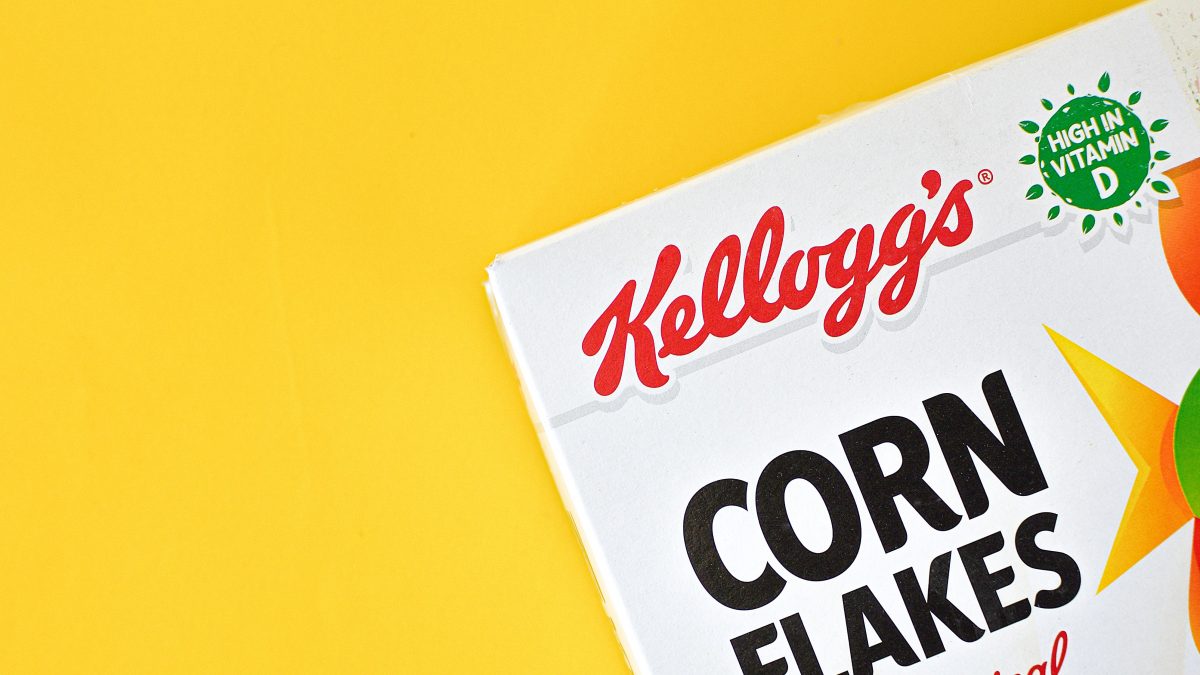
What Impacts Are the Rising Energy Prices Having for the Green Energy Transition?
July 15, 2022
Statutory Sick Pay, Is It in Need of a Cure?
July 16, 2022Article by Hanna Bajwa
Kellogg’s has recently lost a High Court battle against the UK government’s plans to restrict retail promotions in England of foods high in fat, salt and sugar (HFSS). Accordingly, Kellogg’s cannot offer promotions in supermarkets on its sugary cereals. The government hopes the plans will limit the consumption of unhealthy foods and generate £57 billion in health benefits.
There are new government rules that prohibit promotions for products that are high in fat, sugar, or salt. The US-based cereal giant launched the case in April against the UK’s Department of Health and Social Care (DHSC). The company argued that Government rules intended to limit the promotion of HFSS foods in October did not take into account breakfast cereal being served with milk, which provides added nutrition. Kellogg’s challenged the government and argued that the nutritional value of milk mitigates the high sugar content in their cereals. They also argued that snacks like doughnuts and chocolate spreads were exempt as their sugar-to-weight ratios were lower, but they are arguably more unhealthy.
Kellogg’s argument was rejected as their cereals do not specify that milk should be consumed with them. Thus, milk does not constitute part of the product. The rules will affect common household brands such as Crunchy Nut, Corn Flakes, and Fruit and Fibre. Kellogg’s will not appeal the judgement but has urged the government to reconsider. Despite the verdict, Kellogg says it is making efforts to address the health issues in cereal, noting the company has removed 11,000 tons of sugar since 2011, including a 50% reduction in Coco Pops. “Four out of our five top-selling cereals are non-HFSS and by next year all of our children’s cereals will be non-HFSS,” Kellogg said in the statement. “We will continue to renovate our food and launch new cereals and snacks to meet our consumer’s needs, for example, the expansion of our range of non-HFSS high-fibre wheats range in the UK.”





